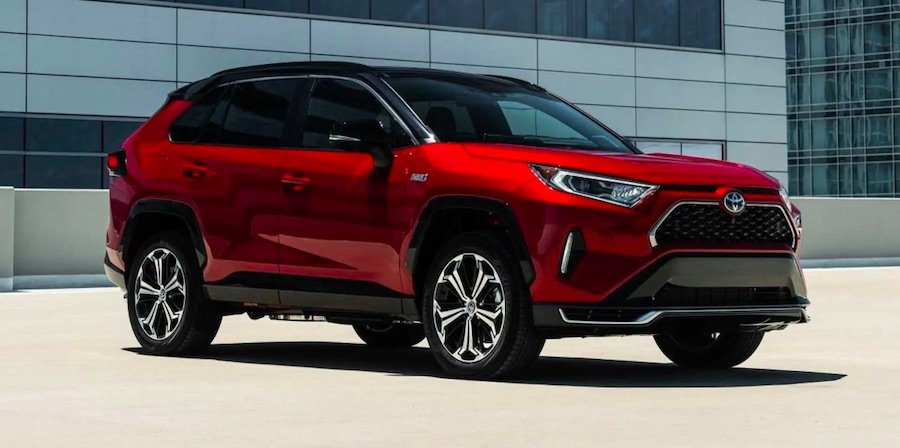Tesla-Owning Toyota Exec Argues Against BEVs, Favors HEVs, PHEVs

Toyota's Chief Scientist, the CEO of the Toyota Research Institute, and Tesla Model X owner Gill Pratt recently published an article on Medium. Interestingly, the article is entitled "Carbon Is Our Enemy: Let’s Use Everything We’ve Got To Fight It." The body of the article begins with the following words: "I love electrified vehicles."
With that said, the juiciest reveal appears in the subheading: "Why we need hybrids and plug-ins to maximize our limited battery supply and reduce carbon."
Green Car Congress stumbled upon Pratt's article and covered it, and we decided that the topic definitely needs to be addressed over and over. However, whether or not there's a right answer is certainly up for debate.
We'll start by giving Toyota loads of credit for being the King (or Queen) of hybrids. Moreover, the Toyota Prius Prime is a great car for many reasons, and the Toyota RAV4 Prime is arguably ean even better option. However, as most automakers are moving to fully electric cars, Toyota is now falling behind. And, while the transition to electrification has been somewhat slow to date, it seems the floodgates are opening now.
Nonetheless, Pratt is not in favor of a focus on battery-electric vehicles (BEVs) for several reasons. He points out that battery cell production is pricey, and he reiterates the narrative that battery cell production uses natural resources and produces significant greenhouse gases. While true to a degree, this is the type of narrative that has been used for years to steer folks away from EVs. We don't want to steer people away from EVs, but rather, educate them.
Pratt stresses that we must use every battery cell intelligently. He writes:
"This means putting them into a greater number of “right sized” electrified vehicles, including HEVs and PHEVs, instead of placing them all into a fewer number of long-range BEVs, like my Model X ...
... we hardly ever put gas into our RAV4 Prime PHEV, which has a battery ⅙ as large as our Model X BEV. For the same investment in batteries as our single Model X, five other RAV4 Prime customers could reduce their carbon footprint too."
Pratt also reminds us that different folks have different needs. This is especially true as we talk about various global markets, big city dwellers versus farmers, people who work at home versus those who travel often, the wealthy versus those who struggle, and the list goes on and on. He believes Toyota, and other automakers, should offer a variety of options to best appeal to all customers.
The best choice for many people may actually be a BEV, and many Tesla owners across the globe have proven this. However, that doesn't mean a BEV is the best option for everyone. And, if people who can't or won't move to a BEV don't have other "clean" options, they're highly likely to just stick with a gas car. Pratt concludes:
"As a result, I believe, as does Toyota, that it would be a tremendous mistake for governments around the world to prescribe narrow solutions like insisting that all vehicles be BEVs. Instead, the better solution is to allow manufacturers to innovate across a diversity of drivetrains and drivers to choose the low-carbon drivetrain that suits their circumstances best."
Related News
